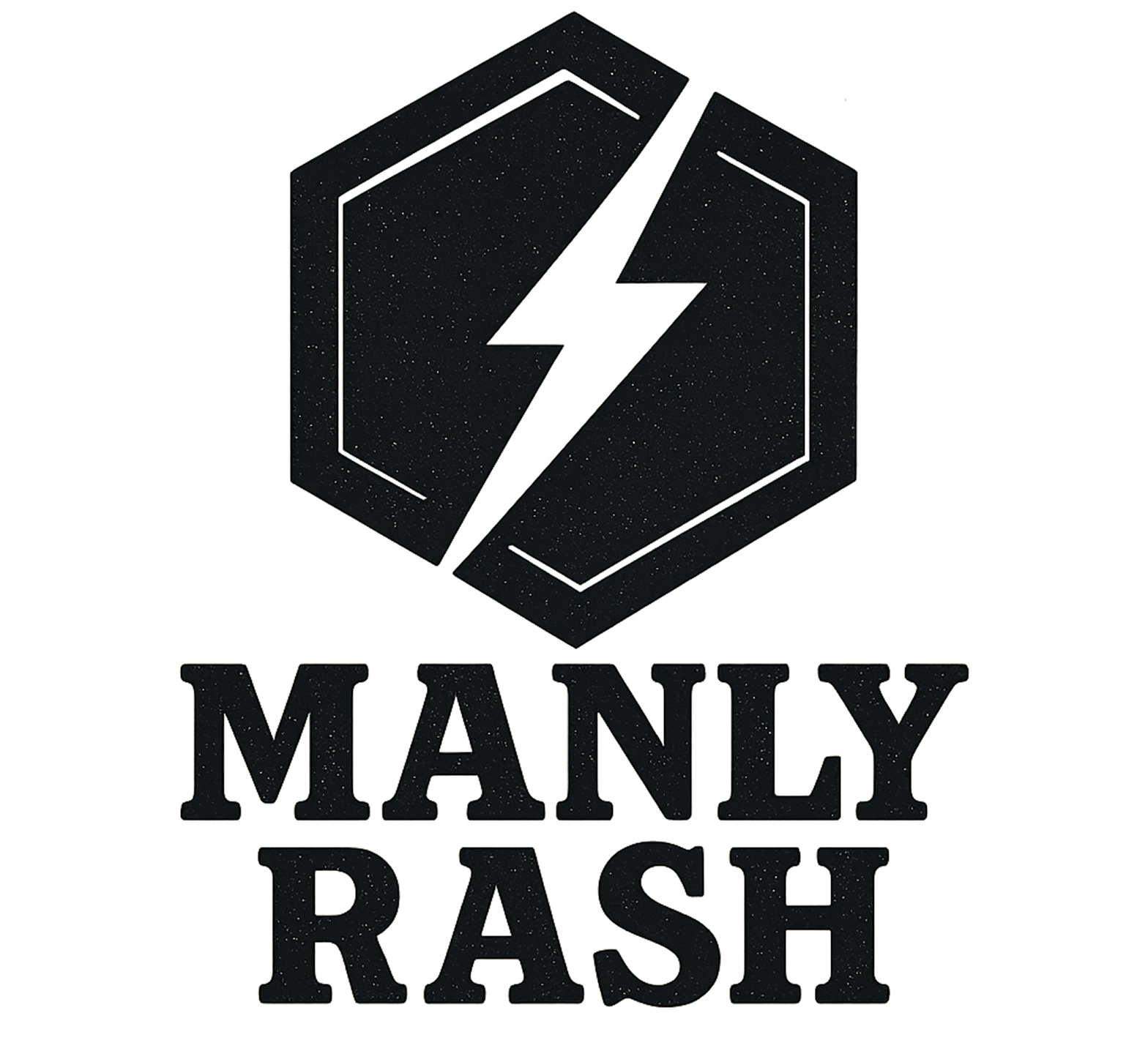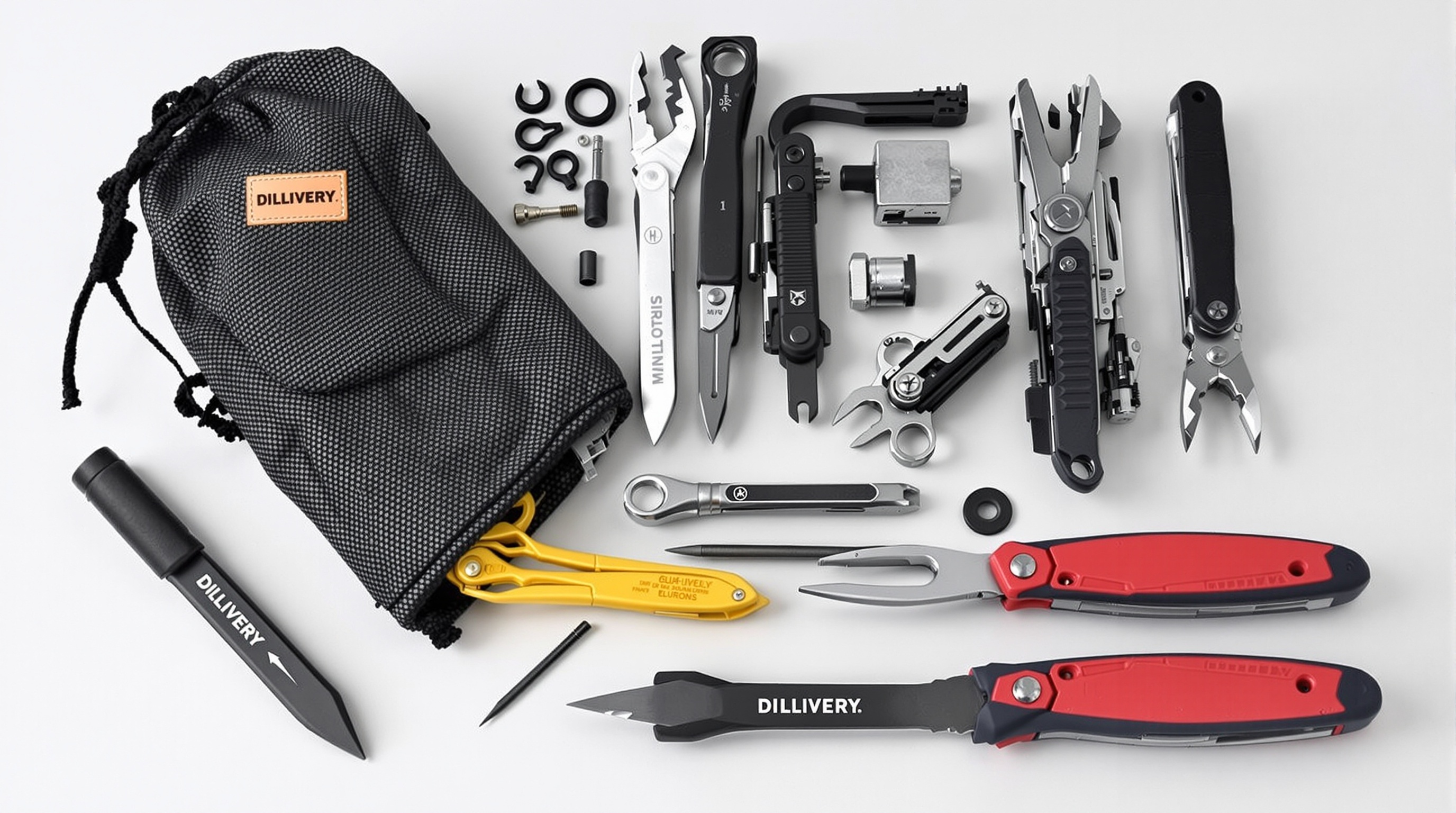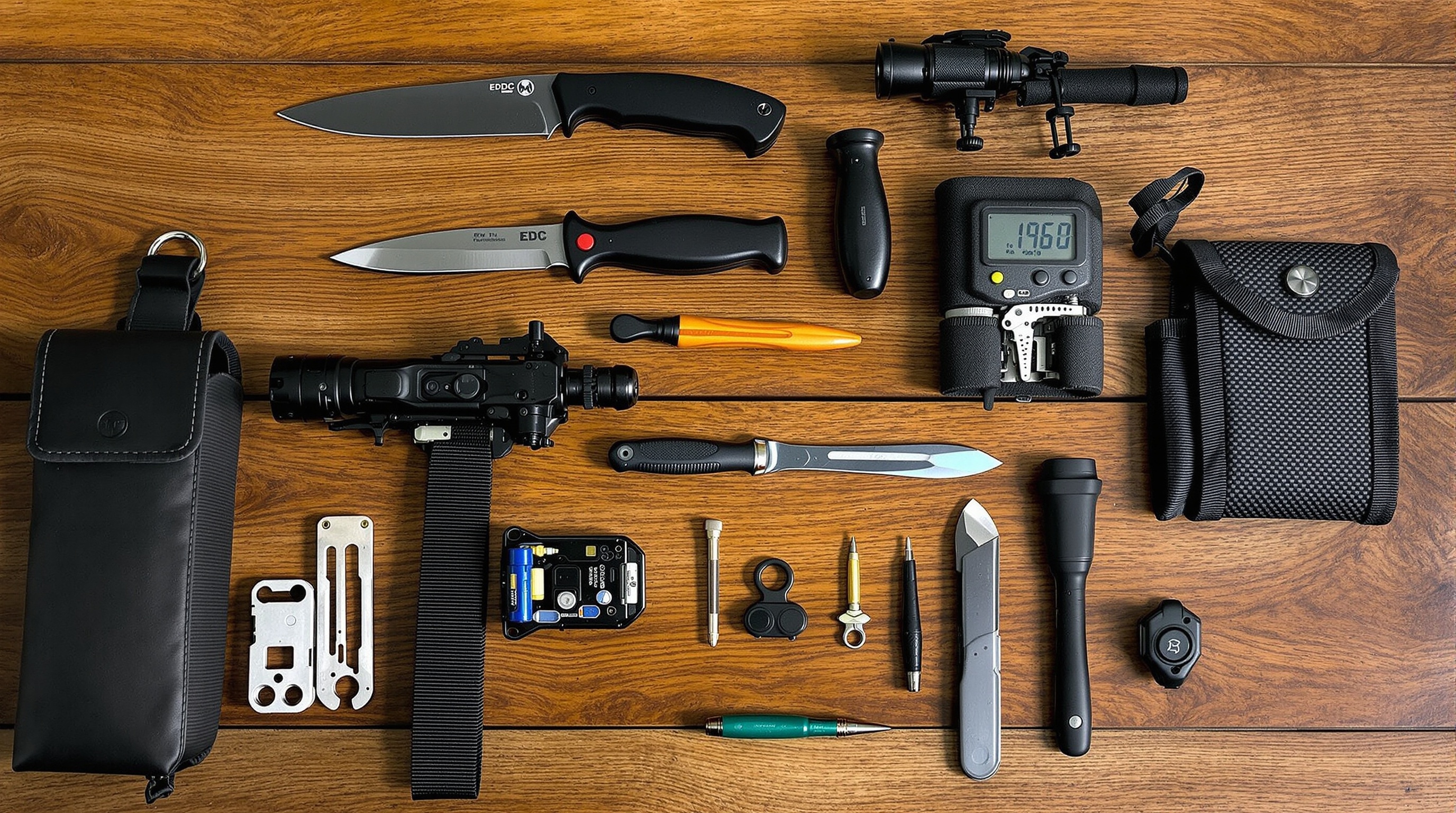Modern Masculinity: Redefining Strength, Identity, and Purpose
Explore how modern masculinity is evolving beyond stereotypes. Learn how men today embrace emotional health, inclusivity, and authenticity to define what it truly means to be a man.

Modern masculinity is evolving beyond outdated stereotypes of toughness and emotional suppression. Today’s men are redefining strength through empathy, emotional intelligence, and authenticity—challenging toxic masculinity and embracing more inclusive, healthy identities. This article explores how modern masculinity intersects with mental health, cultural shifts, relationships, and purpose, offering a guide to building a balanced life as a man in the 21st century.
Understanding Modern Masculinity
Modern masculinity is undergoing a significant transformation, shaped by cultural, psychological, and social developments that challenge long-standing norms. As society redefines gender roles, the concept of what it means to be a man is being reassessed across various dimensions of life. Understanding modern masculinity requires examining its evolution, the pressures men face today, and the emerging values that define a more inclusive and healthy male identity.
The Evolution of Masculine Identity
Historically, masculinity was closely linked to physical strength, emotional stoicism, dominance, and a provider role within the household. These traits were reinforced through societal institutions such as the military, religion, and traditional family structures. However, societal shifts beginning in the 20th century—particularly through the civil rights, feminist, and LGBTQ+ movements—began to challenge these rigid definitions.
Contemporary masculinity now exists on a broader spectrum. Men are increasingly encouraged to embrace emotional openness, empathy, and cooperative behavior. The binary expectations of “real men don’t cry” or “men must be the breadwinners” are gradually being replaced by more nuanced understandings of gender identity and expression.
Cultural and Social Influences
Modern masculinity is deeply influenced by cultural and media narratives. In the past, media often portrayed men as stoic heroes or dominant figures, but today’s media landscape is more diverse, showcasing a wider range of male experiences. Films, television, and social media now feature male characters who are vulnerable, nurturing, and emotionally expressive.
Globalization and the digital age have also played a role. With access to diverse perspectives and information, younger generations of men are more open to questioning traditional gender norms. Additionally, the rise of discussions around toxic masculinity—a term referring to harmful behaviors such as aggression, suppression of emotions, or dominance—has prompted greater reflection on how masculinity is socially constructed.
Emotional Health and Expression
One of the most critical aspects of modern masculinity involves emotional health. Historically, men have been discouraged from expressing vulnerability or seeking help for mental health issues. This has contributed to alarming rates of depression, anxiety, and suicide among men. According to the World Health Organization, men are less likely to access mental health support, yet they are statistically more likely to die by suicide.
Modern masculinity encourages emotional literacy—the ability to understand and express emotions constructively. This shift is supported by increasing public discourse around men's mental health, the growth of male-focused therapy groups, and advocacy campaigns that normalize emotional expression.
Redefining Strength and Success
Where traditional masculinity equated strength with physical power and emotional control, modern masculinity redefines it as resilience, emotional intelligence, and moral integrity. Success is no longer solely measured by financial or social dominance but also by one's ability to build meaningful relationships, show empathy, and contribute positively to society.
This redefinition allows men to pursue diverse paths in life, from being stay-at-home fathers to engaging in caregiving and emotional support roles. It promotes a more holistic view of manhood that includes compassion, self-awareness, and community-mindedness.
Role Models and Representation
Positive role models are crucial in reshaping masculine identity. Public figures, educators, athletes, and community leaders who embody balanced masculinity—combining confidence with humility, strength with sensitivity—offer powerful examples for younger generations.
Mentorship programs, particularly those that focus on character development and emotional wellbeing, help guide boys and young men toward a healthy understanding of what it means to be a man today. Fathers, teachers, coaches, and peers all play a part in modeling these evolving values.
Intersectionality in Masculinity
Understanding modern masculinity also requires acknowledging that it is not a monolithic experience. Race, class, sexual orientation, and cultural background all influence how masculinity is perceived and practiced. For example, Black, Indigenous, and men of color may face different societal expectations and stereotypes than their white counterparts. Similarly, gay, bisexual, and transgender men often navigate distinct challenges in expressing their masculinity authentically.
Intersectionality helps us recognize that redefining masculinity must include voices from diverse communities and lived experiences. This inclusive approach fosters a broader and more equitable conversation around male identity.
The Importance of Ongoing Dialogue
The discourse around modern masculinity is still evolving. As societal norms continue to shift, continuous dialogue is essential in shaping a positive and inclusive understanding of manhood. Community forums, educational initiatives, and media representation play vital roles in promoting a masculinity that supports mental health, emotional growth, and social responsibility.
Ultimately, understanding modern masculinity means moving away from strict binaries and embracing complexity, diversity, and humanity in male identity.
Mental Health and Emotional Expression
One of the most pressing challenges contemporary men face is the struggle with mental health and the societal stigma surrounding emotional expression. Traditional masculinity historically emphasized stoicism, toughness, and emotional restraint—traits that have often led men to suppress vulnerability and avoid seeking help. According to the American Psychological Association, men are less likely than women to seek therapy or talk openly about emotional struggles, even as they experience high rates of depression, anxiety, and suicide.
Modern masculinity encourages emotional intelligence and self-awareness, yet many men remain caught between outdated expectations of emotional suppression and the new call for openness. This internal conflict can intensify feelings of isolation, particularly during times of personal or professional stress. The lack of emotional outlets not only impacts individual well-being but also affects relationships, parenting, and workplace dynamics.
Navigating Work-Life Balance
The evolving roles of men in both the professional and domestic spheres present another layer of complexity. While previous generations of men were primarily expected to be breadwinners, contemporary models of masculinity increasingly value active fatherhood, household involvement, and emotional availability. Men are now navigating dual expectations: to excel in their careers while also being present and engaged at home.
This shift, though progressive, introduces unique stressors. Many men feel pressure to meet traditional standards of professional success while also investing in their roles as partners and caregivers. The societal narrative often lacks guidance on how to balance these responsibilities, leading to burnout, guilt, and confusion about what it means to be a "successful" man today.
Social Pressure and Stereotypes
Despite growing acceptance of diverse masculine identities, social pressure to conform to rigid stereotypes remains pervasive. From media portrayals of hyper-masculine heroes to peer expectations around dominance and competitiveness, men are frequently conditioned to suppress traits perceived as "weak" or "feminine." These stereotypes can discourage men from expressing empathy, asking for help, or engaging in roles traditionally seen as outside the masculine domain.
Younger generations are increasingly challenging these norms, yet many men still experience anxiety when deviating from expected behaviors. This pressure is especially pronounced in environments such as sports, the military, or male-dominated industries, where traditional masculine values are deeply entrenched.
Shifting Relationship Dynamics
As gender roles evolve, so too do expectations within romantic and platonic relationships. Modern men are often expected to be emotionally available, communicative, and egalitarian in partnerships—attributes not always cultivated under traditional masculine norms. This shift can create tension for men unaccustomed to emotional labor or equitable decision-making in relationships.
Additionally, the rise of gender equality has altered dating and relationship practices. Men may feel uncertain about how to approach dating, intimacy, or conflict resolution in a way that aligns with modern values while still feeling authentic to their identity. The absence of clear models for these new dynamics can leave men feeling unprepared, misunderstood, or disconnected.
Identity and Purpose in a Changing World
At the core of many of these challenges lies a broader identity crisis. As societal definitions of manhood become more fluid and inclusive, some men struggle to find a clear sense of purpose or belonging. The traditional anchors of masculinity—such as physical strength, economic provision, and emotional stoicism—are no longer the sole markers of male success or virtue.
This ambiguity can lead to confusion and existential questioning: What does it mean to be a good man today? How can one embody strength and vulnerability simultaneously? Without clear answers, many men grapple with self-doubt and a longing for guidance or mentorship that reflects the complexities of modern life.
Addressing these challenges requires not only personal introspection but also cultural and institutional support. Only by acknowledging these difficulties can society begin to construct a healthier, more inclusive vision of masculinity.
Building Healthy Masculine Identity
As traditional notions of masculinity become increasingly incompatible with today’s cultural and emotional landscape, building a healthy masculine identity has never been more essential. This process involves redefining what it means to be a man in ways that promote emotional well-being, ethical behavior, self-awareness, and meaningful community engagement. A healthier masculine identity does not reject strength, leadership, or resilience, but rather reinterprets these traits through a lens of empathy, responsibility, and authenticity.
Embracing Emotional Integration
One of the foundational steps in constructing a healthy masculine identity is developing emotional intelligence. For generations, men have been socialized to suppress emotions, equating vulnerability with weakness. However, modern masculinity encourages emotional fluency—understanding, expressing, and managing emotions effectively.
Developing emotional intelligence helps men:
- Build authentic relationships
- Navigate conflict constructively
- Improve mental health outcomes
- Enhance leadership and communication skills
Therapy, journaling, mindfulness, and peer support groups are tools that can help men become more emotionally attuned and dismantle outdated beliefs that equate stoicism with strength.
Redefining Strength and Vulnerability
In a healthy masculine framework, strength is no longer defined solely by physicality or dominance. Instead, strength encompasses resilience, integrity, accountability, and the courage to be vulnerable. Vulnerability, far from being a liability, is a sign of maturity and self-confidence. It enables men to connect more deeply with others, ask for help when needed, and take responsibility for their emotions and actions.
This redefinition encourages men to:
- Embrace humility and growth over ego
- Share personal struggles without shame
- Support others through compassion and empathy
Ethical Grounding and Integrity
Healthy masculinity is rooted in a strong ethical foundation. This means acting with integrity, respecting boundaries, and holding oneself accountable. Rather than seeking power over others, modern men are encouraged to lead by example, practice fairness, and contribute positively to their communities.
Key ethical traits include:
- Honesty and transparency
- Responsibility in relationships
- Advocacy for equity and justice
- Respect for diverse identities and experiences
Role Models and Mentorship
Having access to positive male role models is critical in shaping a healthy masculine identity. These mentors can be fathers, coaches, teachers, leaders, or peers who demonstrate balanced masculinity in action. They model how to navigate life’s challenges with grace, express emotions constructively, and show respect in all interactions.
Mentorship provides:
- Guidance through life transitions
- Lessons in character and leadership
- A safe space for emotional sharing
- Intergenerational wisdom and continuity
Cultivating Purpose and Identity
A central component of healthy masculinity is living with purpose. This involves aligning personal values with daily actions and long-term goals. Men who cultivate a clear sense of identity and direction tend to experience higher levels of confidence, fulfillment, and resilience.
Ways to build a sense of purpose include:
- Engaging in meaningful work or service
- Developing passions outside professional life
- Setting personal and relational goals
- Reflecting on values and long-term vision
Community and Connection
Modern masculinity thrives in connection, not isolation. Building and maintaining supportive relationships—with partners, friends, families, and communities—is essential. Healthy masculinity embraces collaboration, mutual respect, and shared emotional labor.
Community engagement helps men:
- Combat loneliness and depression
- Gain feedback and encouragement
- Participate in collective growth and accountability
- Model healthy behavior for others
Cultural Representation and Media Influence
Media and cultural narratives play a powerful role in shaping masculine identity. Challenging harmful stereotypes and promoting diverse representations of men—sensitive, nurturing, creative, and emotionally present—is crucial for redefining what masculinity looks like in the modern world.
Encouraging media literacy and critical thinking allows men to:
- Question narrow portrayals of male behavior
- Identify with a broader range of personalities and lifestyles
- Support inclusive storytelling across cultures and backgrounds
Educational and Institutional Support
Lastly, schools, workplaces, and community institutions must play an active role in fostering healthy masculinity. Programs that teach consent, emotional regulation, healthy relationships, and gender equity from a young age set the foundation for a more balanced and empathetic generation of men.
Effective interventions include:
- Gender-inclusive curricula
- Mental health support services
- Workshops on emotional literacy and conflict resolution
- Mentorship and leadership development initiatives
By integrating these practices into daily life, men can construct a masculine identity that is strong yet compassionate, assertive yet empathetic—one that reflects the complexity of the human experience and supports personal and collective well-being.
Emotional Intelligence Development
Emotional intelligence (EQ) is a cornerstone of modern masculinity, challenging the outdated notion that emotional expression is a sign of weakness. Developing EQ involves cultivating self-awareness, empathy, and the ability to manage one's emotions and relationships effectively. For men, this process often requires unlearning traditional gender norms that discourage vulnerability.
Practically, emotional intelligence can be enhanced through mindfulness practices, therapy, journaling, and open conversations with trusted individuals. Men's groups and workshops focused on emotional literacy offer safe spaces for exploration and growth. These strategies not only support personal well-being but also improve communication and conflict resolution in both personal and professional settings.
Building Healthy Relationships
Modern masculinity encourages men to foster relationships built on mutual respect, vulnerability, and shared responsibility. This includes romantic partnerships, friendships, and familial bonds. Healthy relationships are grounded in open communication, emotional availability, and the ability to set and respect boundaries.
Men can strengthen their relational skills by engaging in active listening, seeking feedback, and participating in relationship counseling or educational programs. Learning to express affection, apologize sincerely, and support others emotionally are key steps in redefining what it means to be a good man in today’s society.
Authentic Professional Growth
In a culture that often equates masculinity with professional success and financial achievement, modern men are seeking ways to grow in their careers without compromising their values or emotional health. Authentic professional development emphasizes purpose, integrity, and balance.
This may involve setting boundaries around work hours to prioritize well-being, choosing career paths aligned with personal values, or advocating for inclusive and empathetic leadership in the workplace. Mentorship programs and leadership coaching tailored to modern male experiences can provide guidance and support, helping men navigate ambition without alienating their identities.
Community Engagement and Support Systems
Redefining masculinity is not a solo endeavor—it requires collective support and community engagement. Participating in community initiatives, volunteering, or joining men's support groups can help men connect with others who are on similar journeys. These networks foster accountability, reduce isolation, and create opportunities for mentorship and shared learning.
Support systems also include mental health resources, educational platforms, and digital communities that promote positive masculinity. Engaging with these resources empowers men to challenge harmful stereotypes, advocate for gender equality, and contribute to cultural shifts that benefit everyone.
Integrating Strength with Vulnerability
A practical strategy in embracing modern masculinity is learning to integrate traditional strengths—such as resilience, responsibility, and leadership—with openness, empathy, and emotional honesty. This balanced approach helps men show up fully in all areas of life, from parenthood and partnership to the workplace and community involvement.
Workshops, coaching sessions, and literature on healthy masculinity can assist men in exploring this integration. Prominent figures and role models who embody both strength and sensitivity—such as athletes speaking out about mental health or leaders promoting ethical behavior—offer blueprints for this evolving identity.
By embracing these practical strategies, men can redefine success, foster meaningful connections, and contribute positively to a more inclusive and emotionally healthy society.
Moving Forward
As society continues to reassess and reshape masculine norms, the path forward for modern masculinity must be both intentional and inclusive. To foster a healthier, more adaptive understanding of manhood, ongoing efforts are needed at both individual and collective levels.
Promoting Emotional Literacy
One of the most critical steps forward is encouraging emotional literacy among men. Historically, emotional expression has been stigmatized for males, often seen as a sign of weakness. However, modern masculinity embraces emotional intelligence as a strength. This includes:
- Recognizing and naming emotions accurately
- Developing empathy and active listening skills
- Learning conflict resolution without aggression
Organizations like the Movember Foundation are actively promoting mental health awareness and emotional education for men, highlighting how these skills improve relationships and overall well-being.
Redefining Success and Self-Worth
The traditional male identity has long been tethered to career success, financial dominance, and stoicism. Moving forward requires redefining what success means for men, expanding it to include:
- Emotional fulfillment
- Meaningful personal relationships
- Physical and mental health
- Community engagement
Men are increasingly encouraged to seek balance rather than burnout. This includes making room for caregiving roles, prioritizing mental health, and pursuing careers that align with personal values, not just societal status.
Encouraging Inclusive Role Models
Representation plays a key role in shaping identity. Expanding the range of male role models helps break down stereotypes. Today’s role models are not only athletes and businessmen but also activists, stay-at-home fathers, educators, and artists who promote compassion, equality, and vulnerability.
Media and educational systems can support this shift by showcasing diverse forms of masculinity that challenge narrow archetypes. These inclusive images help young men see that there’s more than one way to be “man enough.”
Building Supportive Communities
The modern man does not have to navigate identity challenges alone. Peer support groups, mentorship programs, and online communities have emerged as safe spaces for men to share experiences and learn from one another. These communities emphasize:
- Open discussion of mental health
- Peer mentorship and accountability
- Shared resources for personal growth
Examples include men’s circles, therapy collectives, and digital platforms like The Good Men Project, all of which foster dialogue around contemporary masculinity and healthy living.
Embracing Intersectionality
Modern masculinity must also account for the intersectionality of race, sexuality, class, and culture. The experiences of masculinity are not uniform, and recognizing this complexity allows for more inclusive conversations. For example, Black, Latino, Asian, Indigenous, and LGBTQ+ men often face unique cultural expectations and systemic challenges that shape their masculine identity differently.
Embracing intersectionality ensures that the new narrative of manhood is not just progressive but also equitable.
Institutional and Cultural Change
While personal growth is essential, systemic change is equally important. Institutions such as schools, workplaces, and governments must play a role in nurturing healthy masculinity. This includes:
- Updating educational curricula to include emotional and gender literacy
- Implementing workplace policies that support paternity leave and mental wellness
- Funding public campaigns that challenge toxic masculine norms
Cultural adaptations—such as inclusive language, gender-sensitive media portrayals, and diverse leadership—also reinforce the idea that masculinity is not monolithic but fluid and evolving.
Ongoing Dialogue and Reflection
Perhaps most importantly, the future of masculinity relies on continuous reflection and conversation. Masculine identity is not a fixed endpoint but a dynamic process. Encouraging men to ask themselves what kind of man they want to be—and providing them with the tools and support to explore that question—is fundamental to long-term societal change.
In this new era, modern masculinity is not about abandoning strength or resilience, but about redefining those traits through the lens of empathy, equity, and authenticity. By embracing growth, diversity, and connection, men can move forward into a future where being a “good man” is not about meeting expectations but living with purpose and integrity.
Modern masculinity is not about abandoning strength but transforming it—into resilience, empathy, and emotional authenticity. By embracing intersectionality, fostering emotional health, and building supportive communities, men can create a masculine identity that’s both empowering and aligned with today’s world. The journey is ongoing—but it begins with reflection, dialogue, and a commitment to living with purpose, respect, and integrity.




